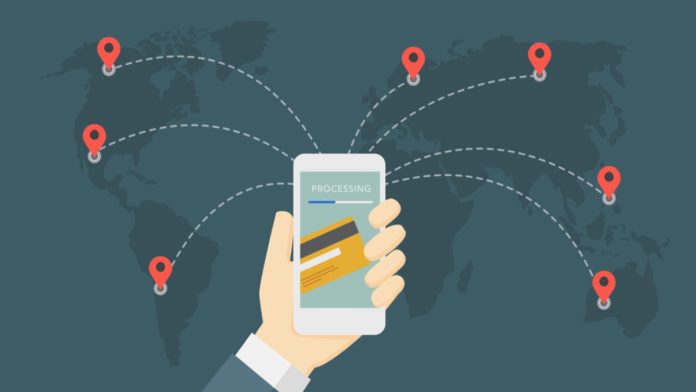Thunes, a global money movement innovator, and Visa have conducted a survey revealing Europeans’ conflicted attitudes on cross-border payment interoperability.
The survey found that while most firms are confident in their cross-border payment capabilities, decision-makers still face challenges, such as losing business due to an inability to integrate with popular and emerging payment methods.
Digital wallets are anticipated to be the primary method for daily payments by 2026, with 60% of the global population expected to adopt them. However, despite their increasing popularity, they are identified as the most problematic endpoint for cross-border transactions.
The survey found that although 97% of respondents believe their systems are “completely” or “mostly compatible” with international payment recipients, nearly 40% reported losing business due to issues with cross-border payments.
Chloé Mayenobe, President and Chief Operating Officer at Thunes, said: “The research paints a very mixed picture. Payment leaders are confident in their capabilities, but face significant integration challenges particularly with digital wallets. At Thunes, we solve this critical gap on the immediate horizon by directly integrating with three billion digital wallets worldwide.
“Electronic wallets are becoming increasingly important, providing bank-like services and financially including those who are unbanked and underbanked. As commerce digitises further, payment interoperability will become vital.”
This emergence and increased use of digital wallets was a topic discussed at Money20/20 Europe last week, as a panel highlighted the work being done to make wallets the future of public infrastructure and not just a method of payment.
Additionally, survey participants highlighted significant variations in the ease of making payments to various endpoints. Bank accounts were identified as the most straightforward method for conducting transactions, followed by global cards such as Visa, e-Wallets like PayPal, cash and local card schemes.
Interestingly, the report highlighted security concerns, payment tracking and processing speed as the primary challenges in integrating various payment systems. To address these barriers, respondents anticipate that AI will play a crucial role in enhancing payment processes, fraud detection, risk management and customer support.
Furthermore, blockchain technology and digital currencies are seen as promising solutions to facilitate secure, fast and cost-effective transactions. This notion was also explored in a recently released whitepaper by Visa, Thunes and The Paypers titled “The Road Ahead: Seamless Payment Interoperability”, highlighting the crucial role of payment interoperability in the digital economy.
Ed Chandler, Head of Money Movement, Europe at Visa, commented: “To meet the needs of individuals and businesses of all sizes to move money domestically and internationally easily and securely, payment interoperability remains a major challenge beyond traditional methods.
“We have a goal to enable money movement from any endpoint to any other endpoint, and rather than build an entirely new money movement system from scratch, we can use Visa’s scale and work with partners like Thunes to be a single connection point in a fast-evolving ecosystem.”

























